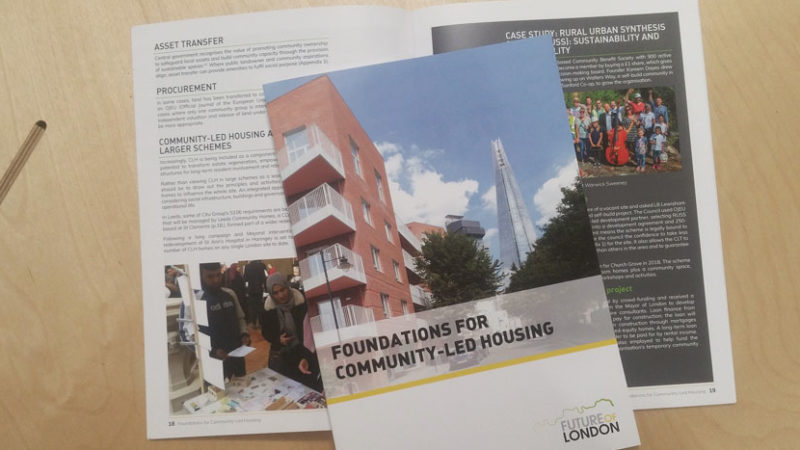by: Levent Kerimol
Some years ago, we would have had to look to Germany, Scandinavia, or the States to find examples of community led housing such as Baugruppen, Cohousing, or Community Land Trusts. Today London has several recently completed examples with different approaches to community led housing. This adds to a legacy of established co-operative housing projects. As the sector grows, we will undoubtedly see more innovative ideas and projects emerge from communities motivated to take control of their housing situations and contribute to housing delivery in London. There are at least 60 emerging groups and projects in London with a real diversity, which could deliver around 1500 homes.
Communities can help achieve higher densities or unlock sites that may otherwise be difficult to develop, bringing greater diversity and increased housing supply, as well as more stable, supportive, and happier neighborhoods through the empowerment of current and future residents.
Councils and housing associations have an important role to play in enabling community led housing to become a more mainstream part of housing delivery. All too often communities have seen a reluctance from what should be considered their natural partners. Where support has come from local authorities it has been in ad-hoc, one-off special cases.
The Future of London report launched today finds that this reaction is often due to a lack of understanding and trust amongst staff, and common ‘urban myths’ about what is possible. The associated learning program we supported sought to break down barriers and create an environment where council officers could feel comfortable about not knowing all the answers to this new area of housing and regeneration. There was a large emphasis on co-production, and testing concepts with projects such as PEACH and E16 CLT in Custom House.
We are here to provide practical assistance to officers. We are actively working with Tower Hamlets, Croydon and Barking & Dagenham, and seeking to build relationships between community led housing groups and housing associations who could take on an RP landlord role on their projects.
We hope to continue this learning network, to help housing associations and boroughs move from ad-hoc reactive responses to more streamlined proactive programs with a regular stream of opportunities for community groups. For example, a proportion of developments or small sites being made available specifically for community led housing through property or planning policy initiatives; or by local councils, developers, or housing associations acting as enabling developers to assist groups.
These partnerships are key to embedding the role of communities in making a positive contribution to London’s housing delivery now and into the future.
